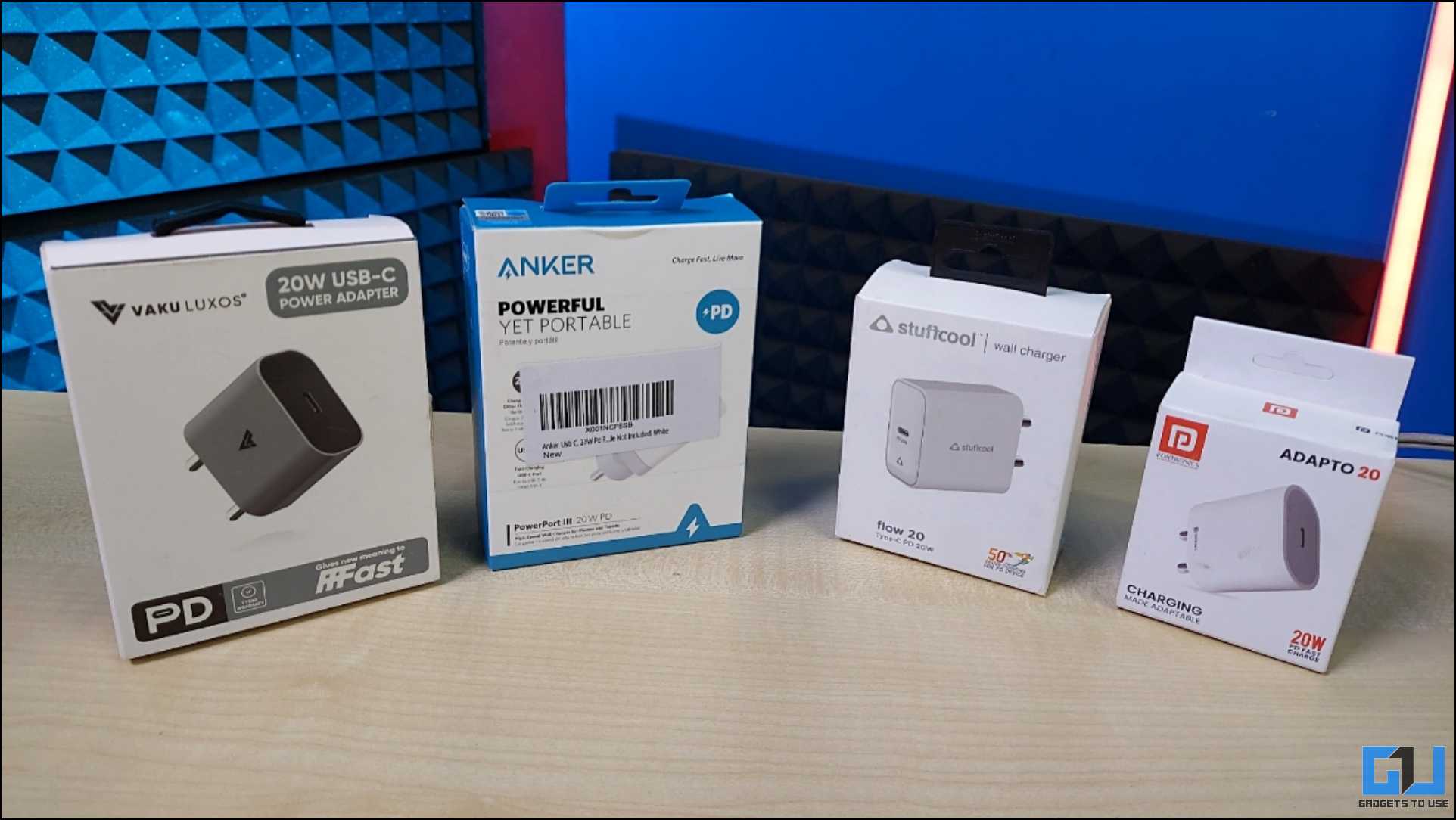By now, you must have heard that Paytm Wallet is becoming a bank. No, not bank but payments bank. Well, it’s the same thing, right? Nope, it actually isn’t. Payments banks sit midway in between a digital wallet and a normal bank. Confused? Let me clear it up for you.
Below, I am separately explaining the functioning of digital wallets, normal banks and payments banks along with their restrictions. I am confident that if you read this thoroughly all your questions will be answered.
Digital Wallet vs Normal Bank vs Payments Bank
What is a Digital Wallet?
A digital wallet or e-wallet is a just like a normal wallet or purse. The only difference between them is that the former stores your cash digitally or electronically while the latter stacks them in form of physical notes and coins.
You may use a credit/debit card, net banking or UPI to load money into a digital wallet. However, you won’t get any interest on the stored amount.
Most of the e-wallets feature inbuilt support for various recharges and bill payments. You can also do online transactions through them wherever accepted. There is a certain limit to the total amount of money you can store, add, and send in a digital wallet. Currently, it is Rs. 20,000 in India.
What is a Normal Bank?
Normal Banks are highly regulated financial bodies where you can store your money. They also provide credit services or loans to individuals as well as organizations. Banks provides a predetermined rate of fixed or variable interest on the money you stock in them.
These financial institutions can issue ATM/debit/credit cards and cheques as well as facilitate internet banking, mobile banking or UPI transactions. Banks are one of the safest places to store money and serves as an economic backbone to a country.
What is a Payments Bank?
Payments Bank is a new banking model developed by the Reserve Bank of India (RBI). It is basically a bank without credit or loan facility and few other restrictions. According to the latest RBI regulation, an individual can store a maximum of Rs. 1 lakh in a payments bank. However, this limit may be upgraded depending on the bank’s performance.
Recommended: Paytm Payments Bank FAQs: Everything You Should Know
Wrapping it up, a payments bank can issue ATM/Debit cards, and cheque books but not credit cards. Internet banking, mobile banking, and UPI transactions will be available too. Similar to banks, you may add cash money to your payments bank account. Needless to say, you will also receive a certain amount of interest on the stored money.
Presently there are eight entities who have the license to operate a payments bank in India. They are:
- Paytm
- Airtel M Commerce Services
- Vodafone M-Pesa
- Reliance Industries
- Aditya Birla Nuvo
- National Securities Depository
- Department of Posts
- FINO PayTech
Within these, Airtel has already started operating their payments banks and Paytm will follow them soon. There is no info regarding the other entities in this group. However, Reliance may convert its JioMoney wallet into a payments bank later this year.


